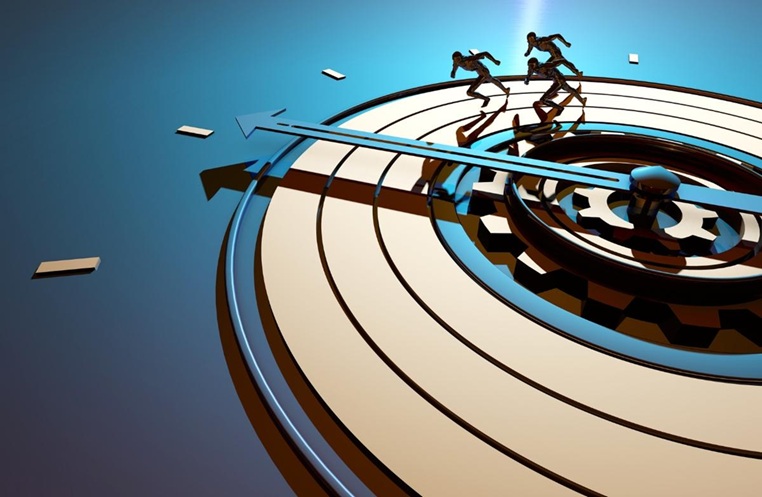Humans are always looking for new ways to optimize their health – whether this is through new diets, workout regimens, or scientific breakthroughs. This fascination with lengthening health span – the period of life that you spend in good health – makes logical sense. After all, who wouldn’t want to live through infinite lifetimes? As longevity science has now proven, aging isn’t inevitable – we can actually delay it by making adjustments to our lifestyles. And now, longevity athletes are proving just how accessible these lifestyle adjustments are as they compete in the Longevity World Cup.
How is the Longevity World Cup contributing to longevity science?
The Longevity World Cup is a global competition to reverse biological aging, rewarding participants with the largest gaps between their biological and chronological ages. Participants must undergo testing against a biological clock to determine their ranking and track their progress. The top 3 participants in the Longevity World Cup earn Bitcoin payouts.
By gamifying longevity, Longevity World Cup founder Adam Ficsor is motivating people to meet their health goals and discover new techniques to improve quality of life. Beyond that, he proves just how possible it is for a regular person to live a longer, happier, and healthier life.
Why are people so fascinated by the possibility of living as long as possible?
Our human obsession with longevity is evident in the entertainment we consume every day. In The Curious Case of Benjamin Button, the main character ages backwards, which prompts him to appreciate the simplicity and conveniences of youth. In Don’t Die: The Man Who Wants to Live Forever, Bryan Johnson makes several modifications (some seemingly quite inconvenient) to his lifestyle to retain his youth. The Vampire Diaries and similar pieces of fiction highlight the joys of a life lived without having to combat the diseases and aging that plague mere mortals.
In a day and age where aging is a reality that we all confront and many fear, the possibility of reversing aging gives human beings a sense of control. While some argue that practising longevity is basically playing God, many counter that there is nothing unnatural about making changes to prolong your life and guarantee good health. After all, isn’t this how medicine as a practice was born? Longevity science has spurred a medical revolution, giving people the opportunity to stay healthy and functional for longer and enjoy more time with loved ones.
Longevity science is a proactive solution to the universal problem that is aging. It no longer makes sense to wait for old age, then spend tons of money treating diseases with interventions that merely slow down the progression of the diseases. More and more people agree that the more logical approach is to make lifestyle changes earlier in life to keep people healthier for longer.
How would people make use of longer, healthier lives?
Those who are obsessed with longevity aren’t obsessed with it just to earn accolades. On the contrary, people who invest time and money into achieving longevity do so because they would like to make the most of their time on earth. Maximizing your time on earth automatically gives you the opportunity to spend more time with loved ones and meet your grandchildren, a benefit that excites many people. As Bryan Johnson so accurately put it in Don’t Die, “Previously, you had kids so you could pass the torch; now, you have kids so you can journey with them.”
How accessible and affordable is longevity?
Someone who wants to achieve longevity can make many simple and actionable adjustments to their lifestyle to achieve this goal. Many people start by making simple changes to their sleep schedules, diets, exercise regimens, and social interactions. Some, like Bryan Johnson, have taken these adjustments a step further, experimenting with a range of scientific interventions.
Some of the most common scientific interventions are prohibitively expensive, alienating a segment of the population. For example, while young blood plasma infusions can give an older person a new lease on life, they cost thousands to tens of thousands of dollars. Gene therapy is also costly, in addition to being an extremely risky way to reverse biological aging.
Luckily, longevity experts have already proven that simple changes to your lifestyle can extend your lifespan by 10 to 15 years of quality life. What’s even better is that as more people turn to the costly scientific interventions, the cost is likely to decrease, making these approaches more accessible to the average person.
What techniques do competitors in the Longevity World Cup use?
Participants in the Longevity World Cup leverage a variety of techniques to extend healthspan and undergo frequent testing to evaluate their progress. While the rules don’t prohibit the use of scientific techniques, a demographic study of the competitors suggests that most are relying on the more accessible lifestyle changes.
The first (2025) season of this competition measures aging through PhenoAge – a technique for measuring biological age through blood tests. This particular technique measures standard blood markers, including albumin, creatinine, glucose, CRP, lymphocyte %, MCV, RDW, ALP, and WBC).
Since the Longevity World Cup ranks athletes and tracks their progress, the competition proves that lifestyle changes are sustainable and practical enough for anyone to practice.
About The Longevity World Cup
The Longevity World Cup is a worldwide competition that pits longevity athletes against each other and rewards those who can reverse their biological aging the most. The top 3 athletes earn Bitcoin payouts every mid-January. By hosting this competition, Longevity World Cup founder Adam Ficsor is playing an important role in the development of longevity science.





